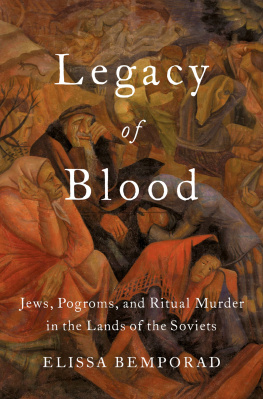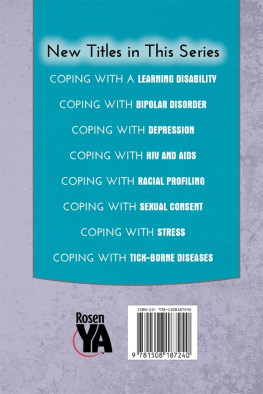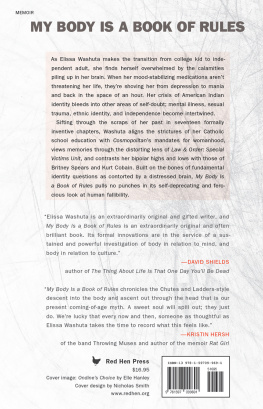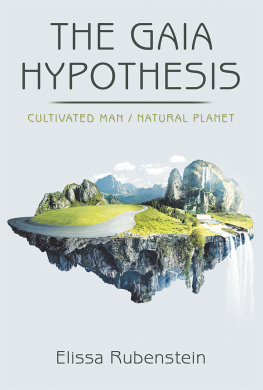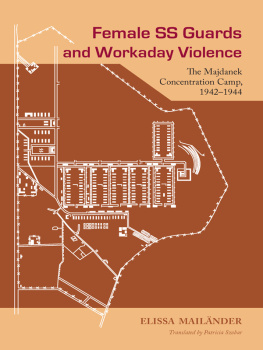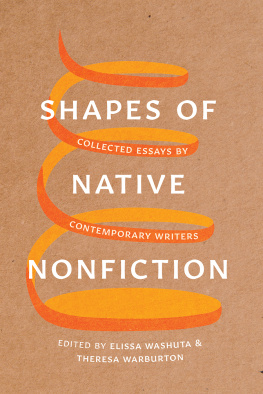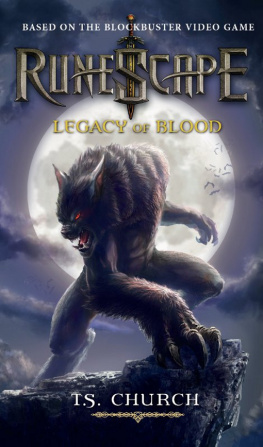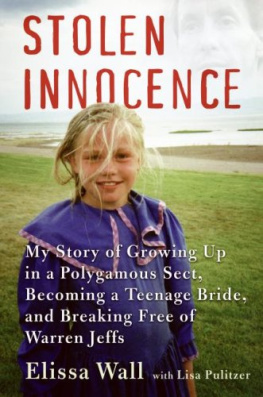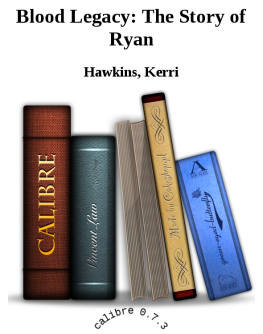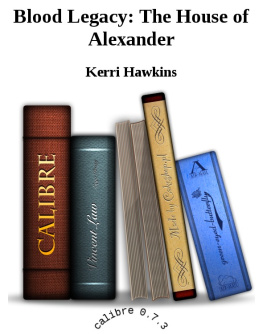Elissa Bemporad - Legacy of Blood
Here you can read online Elissa Bemporad - Legacy of Blood full text of the book (entire story) in english for free. Download pdf and epub, get meaning, cover and reviews about this ebook. year: 2019, genre: Politics. Description of the work, (preface) as well as reviews are available. Best literature library LitArk.com created for fans of good reading and offers a wide selection of genres:
Romance novel
Science fiction
Adventure
Detective
Science
History
Home and family
Prose
Art
Politics
Computer
Non-fiction
Religion
Business
Children
Humor
Choose a favorite category and find really read worthwhile books. Enjoy immersion in the world of imagination, feel the emotions of the characters or learn something new for yourself, make an fascinating discovery.
- Book:Legacy of Blood
- Author:
- Genre:
- Year:2019
- Rating:5 / 5
- Favourites:Add to favourites
- Your mark:
- 100
- 1
- 2
- 3
- 4
- 5
Legacy of Blood: summary, description and annotation
We offer to read an annotation, description, summary or preface (depends on what the author of the book "Legacy of Blood" wrote himself). If you haven't found the necessary information about the book — write in the comments, we will try to find it.
Legacy of Blood — read online for free the complete book (whole text) full work
Below is the text of the book, divided by pages. System saving the place of the last page read, allows you to conveniently read the book "Legacy of Blood" online for free, without having to search again every time where you left off. Put a bookmark, and you can go to the page where you finished reading at any time.
Font size:
Interval:
Bookmark:


Oxford University Press is a department of the University of Oxford. It furthers the Universitys objective of excellence in research, scholarship, and education by publishing worldwide. Oxford is a registered trade mark of Oxford University Press in the UK and certain other countries.
Published in the United States of America by Oxford University Press
198 Madison Avenue, New York, NY 10016, United States of America.
Oxford University Press 2019
All rights reserved. No part of this publication may be reproduced, stored in a retrieval system, or transmitted, in any form or by any means, without the prior permission in writing of Oxford University Press, or as expressly permitted by law, by license, or under terms agreed with the appropriate reproduction rights organization. Inquiries concerning reproduction outside the scope of the above should be sent to the Rights Department, Oxford University Press, at the address above.
You must not circulate this work in any other form and you must impose this same condition on any acquirer.
Library of Congress Cataloging-in-Publication Data
Names: Bemporad, Elissa, author.
Title: Legacy of blood : Jews, pogroms, and ritual murder in
the lands of the Soviets / Elissa Bemporad.
Description: New York, NY : Oxford University Press, [2019] |
Includes bibliographical references and index.
Identifiers: LCCN 2019021019| ISBN 9780190466459 (hardback) |
ISBN 9780190466466 (updf) | ISBN 9780190466473 (epub) |
ISBN 9780190466480 (online)
Subjects: LCSH: JewsEurope, EasternHistory20th century. |
PogromsEurope, Eastern#2014;History20th century. |
Blood accusationEurope, EasternHistory20th century. |
Europe, EasternEthnic relations.
Classification: LCC DS135.E83 B45 2019 | DDC 305.892/404709/04dc23
LC record available at https://lccn.loc.gov/2019021019
Ai miei genitori, Nino e Donna, per aver sempre riso e sorriso
The idea to write this book first came to me several years ago, during a memorable semester I spent in 2007 in Vilnius, Lithuania. Here, I enjoyed the company of wonderful colleagues and friends, benefited from the tranquility of the reading room at the Mavydas National Library of Lithuania, and relished hearing my son Elia, then two years old, begin to speak Yiddish. But moving from the initial idea to the final product and figuring out how to write this book took me a long time. It is a real pleasure to thank the many friends and colleagues who helped along the way, with advice, insight, and cheer. They include Zachary Baker, Olga Bertelsen, Emanuele DAntonio, Gennady Estraikh, Alexander Ivanov, Cristiana Facchini, Krysia Fisher, Alik Frenkel, Ziva Galili, Zvi Gitelman, Mihaly Kalman, Eileen Kane, Dov Ber Kerler, Hillel Kieval, Anna Kushkova, Natalya Lazar, Marina Mogilner, Sasha Polyan, Alyssa Quint, Klaus Richter, Per Anders Rudling, Joshua Schreier, Sasha Senderovich, Anna Shternshis, Alla Sokolova, Darius Staliunas, Katrin Steffen, Magda Teter, Jeff Veidlinger, Debby Yalen, Ken Waltzer, Bob Weinberg, Saul Zaritt, and Arkadi Zeltser. In particular, I wish to single out Gene Avrutin, Marion Kaplan, and Amir Weiner for their generous reading and constructive comments on draft chapters.
I thank Konstantin Akisha for his superior knowledge of Soviet and Ukrainian artists of the 1920s; Oksana Barshynova, curator at the National Art Museum of Ukraine, in Kyiv, for her kindness and promptness; and to the National Art Museum of Ukraine for allowing me to use the extraordinary painting Jewish pogrom by artist Manuil Shekhtman as the cover of this book.
I have benefited from the intellectual generosity of colleagues and friends who took the time to engage with parts of the book at workshops and talks. I am grateful for the feedback I received at the German Historical Institute in Warsaw; at the University of North Carolina at Chapel Hill (thank you to Ruth Von Bernuth); at Yale University (thank you to Elli Stern); at the University of Illinois (thank you to Harriet Murav); at Brandeis University (thank you to ChaeRan Freeze and Sylvia Fried); and at Harvard University (thank you to Maxim Shrayer).
I am truly grateful to be a member of the History Department at Queens College, with supportive colleagues who value what I do as a scholar and as a teacher. QC provided generous research and administrative assistance, allowing me to take time off from teaching. The research and writing of this book have been made possible by the generous support of different institutions. These include The National Endowment for the Humanities, The Jack, Joseph, and Morton Mandel Center for Advanced Holocaust Studies at The United States Holocaust Memorial Museum, the Center for Jewish History in New York City, the YIVO Institute for Jewish Research, the Hadassah-Brandeis Institute, the Vidal Sassoon International Center for the Study of Antisemitism at the Hebrew University in Jerusalem, the PSC-CUNY Research Award Program, and the Advanced Research Collaborative at the Graduate Center CUNY.
I am indebted to the staff of the many archives and libraries where I conducted the research for this book. In Kyiv, I am thankful to the archivists at the Central State Archives of Supreme Bodies of Power and Government of Ukraine (TsDAVOU), at the Central State Archives of Public Organizations of Ukraine (TsDAGOU), and at the State Archives of Kyiv Oblast (DAKO). In Lviv, I am thankful to Evheny Poliakov for his assistance at the State Archives of the Lviv Oblast (DALO). In Vilnius, I am grateful to Marius Emuis for his assistance at the Lithuanian Special Archives (Section of KGB Documents) (LYA). My special thanks go to Tetyana Batanova and Iryna Serheyeva for helping me uncover some of the treasures at the Vernadsky National Library of Ukraine. In New York, I am immensely grateful to the staff and archivists at the American Jewish Joint Distribution Committee, in particular to Misha Mitsel; to the staff and archivists at the YIVO Institute for Jewish Research, in particular to Lyudmila Sholokhova, Gunnar Berg, and Leo Greenbaum; and to the staff at the Center for Jewish History, in particular to Ilya Slavutskiy. In Jerusalem, I benefited from the assistance of the staff and archivists at the Central Archives for the History of the Jewish People (CHJP), in particular Benjamin Lukin; and in Washington, DC, from the staff and archivists at the United States Holocaust Memorial Museum, in particular the indefatigable Vadim Altskan.
My editor at Oxford University Press, Nancy Toff, took an interest in this project and offered generous advice as it took shape; I am grateful for her tremendously helpful suggestions. Thanks also to Nancys colleagues at OUP for guiding this book to publication, in particular to Lena Rubin, and to Lori Jacobs for copyediting.
A special grazie to those friends who have come to the rescue over the years, especially to Natasha Hirshhorn, Harriet Jackson, Laura Koeppel, Margherita Pascucci, and Adolfo Profumo. Thank you to my Modena friends, Susanna, Giada, Sibilla, and Davide as well as to my dear Simonas and Fede Larini. Thank you to my siblings Jonathan, Hali, Micol, and Joel: as Natalia Ginzburg noted, I could recognize you in the darkness of a cave, amid millions of people. Thank you to my kids, Elia and Sonia: To put it simply, I adore you! Thank you to the love of my life, Dovid Fishman, for his curiosity, openness, criticism, and warmth, and for learning Italian quite well. I thank my parents, Nino and Donna, for their unyielding support even when faced with the craziest ideas that a daughter can confront her parents with. They taught me the beauty of books and the magic of building bridges where there are none, and they showed me the wisdom of smiles and laughter. I dedicate this book to them.
Font size:
Interval:
Bookmark:
Similar books «Legacy of Blood»
Look at similar books to Legacy of Blood. We have selected literature similar in name and meaning in the hope of providing readers with more options to find new, interesting, not yet read works.
Discussion, reviews of the book Legacy of Blood and just readers' own opinions. Leave your comments, write what you think about the work, its meaning or the main characters. Specify what exactly you liked and what you didn't like, and why you think so.

